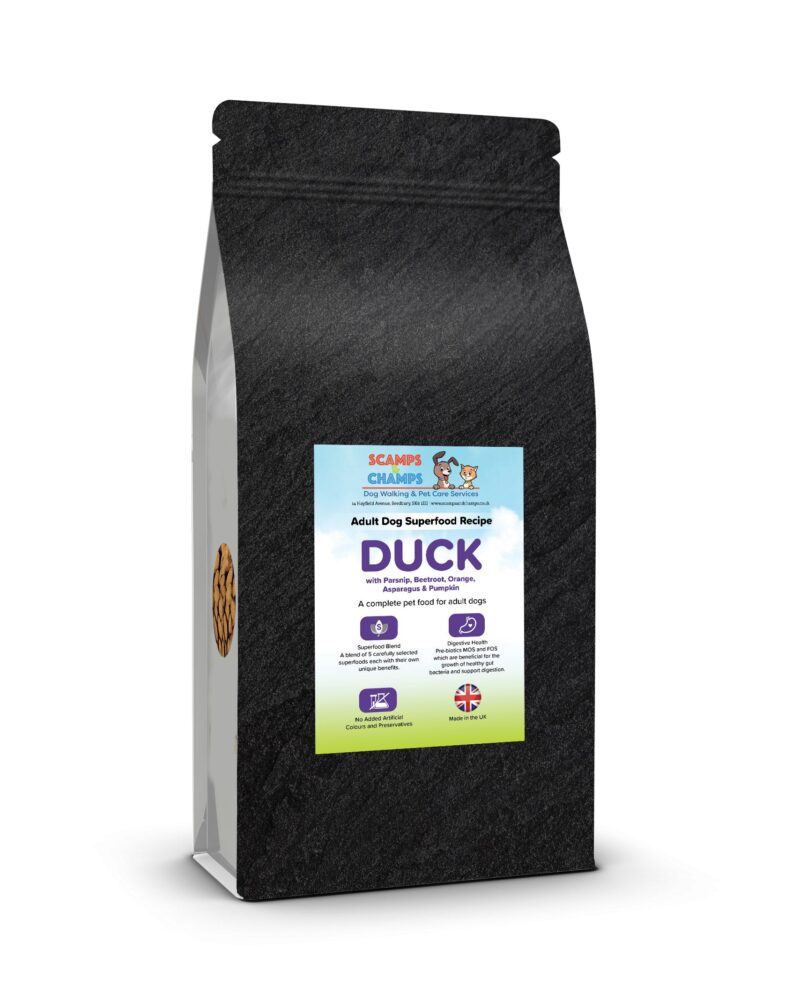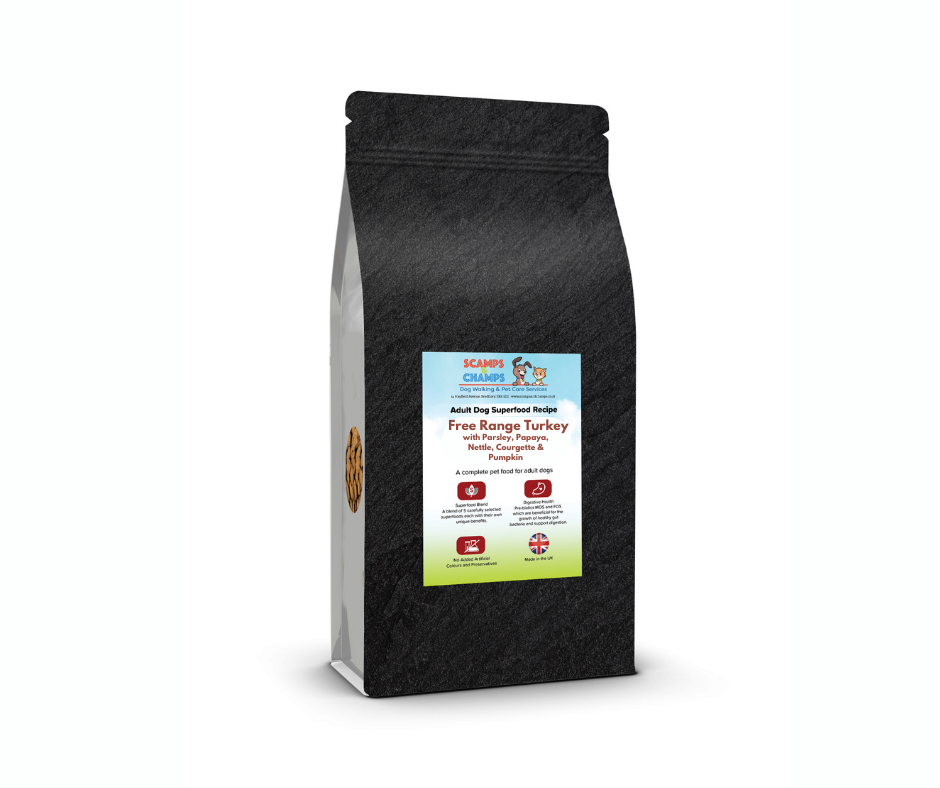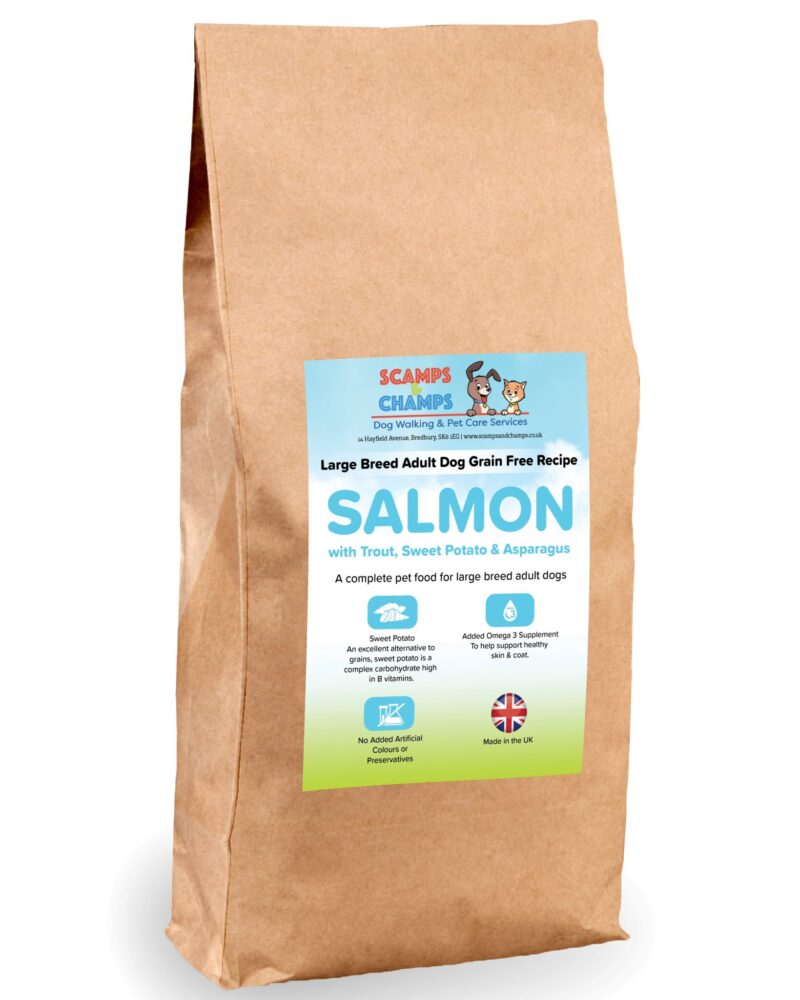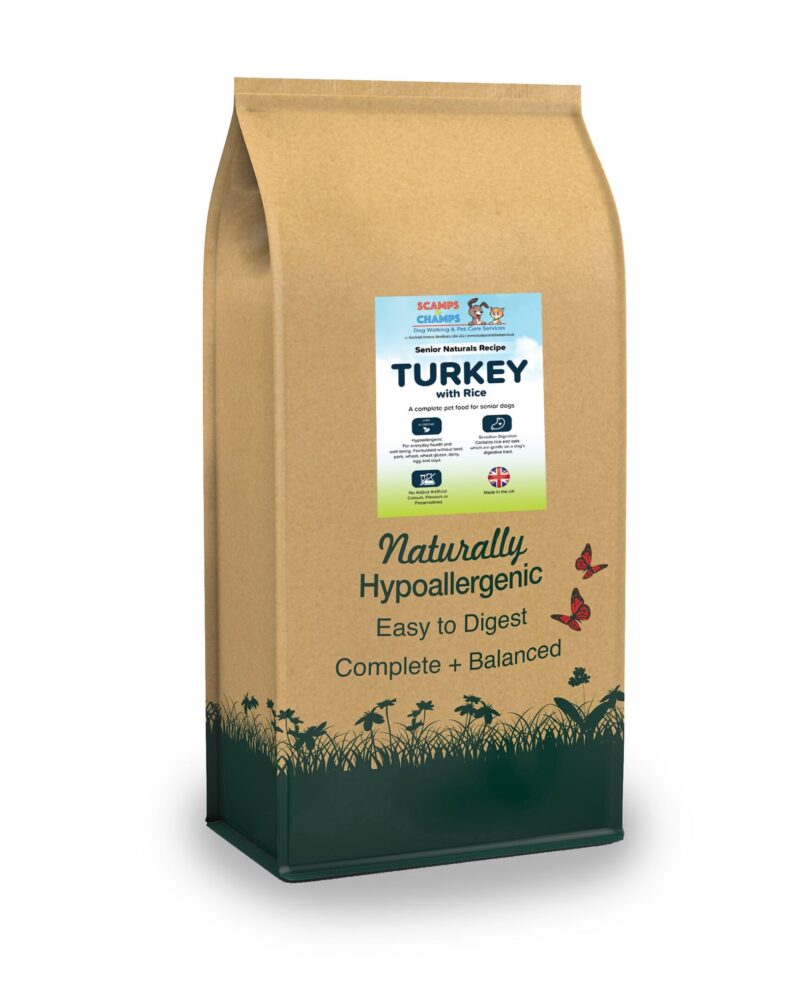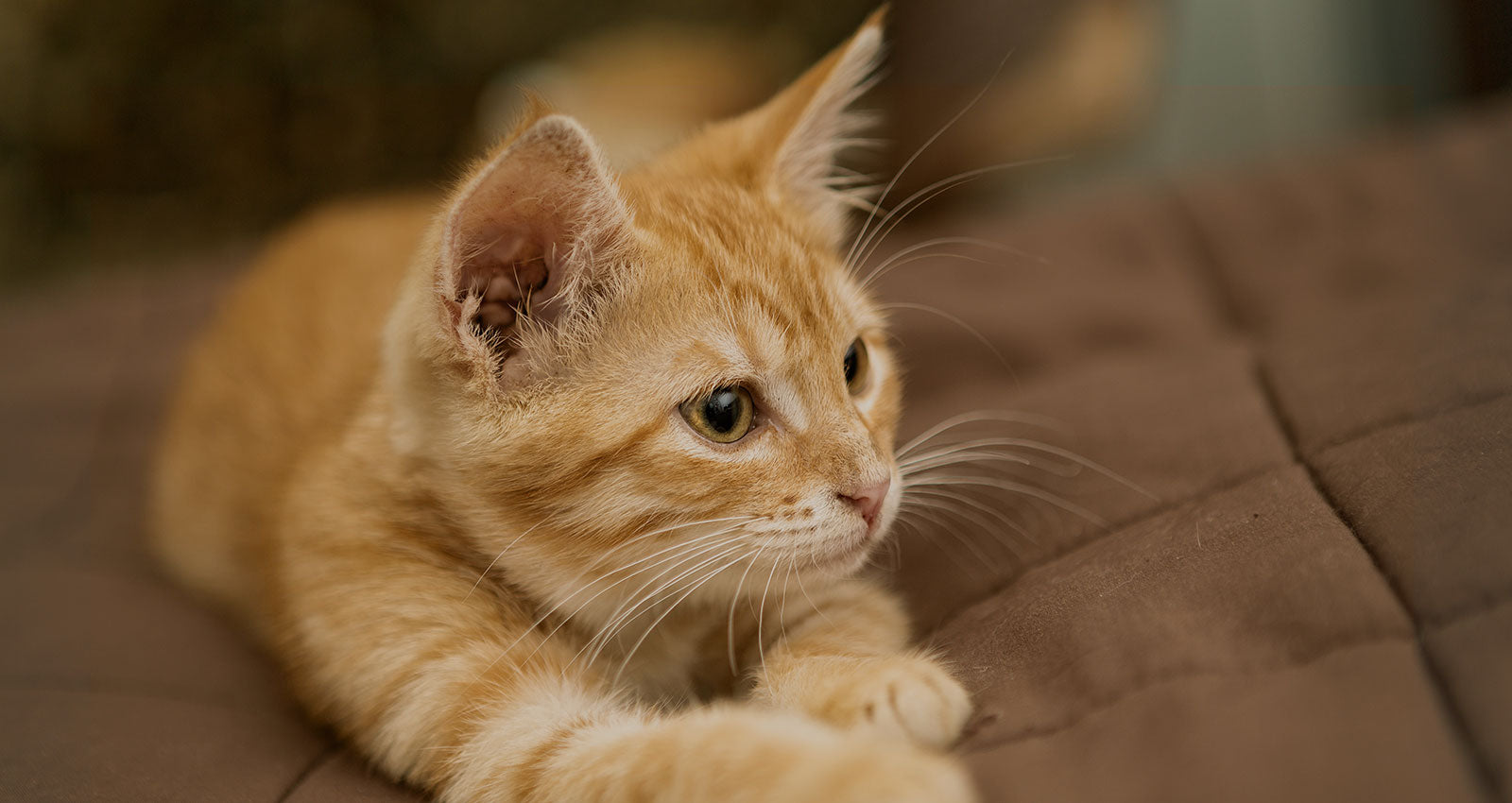Weaning is an essential stage in a kitten's life, marking the transition from mother’s milk to solid food. Providing the right nutrition during this period is crucial to ensure healthy growth and development. Kittens require food that is specially formulated to meet their unique dietary needs, offering the right balance of essential nutrients to support their rapid growth and high energy levels.
When to Start Weaning
Kittens typically begin the weaning process at around four weeks of age. At this point, their mother’s milk may no longer provide sufficient nutrition to keep up with their increasing energy demands. The transition should be gradual, starting with small amounts of kitten food mixed with water or kitten milk replacer to create a soft, porridge-like consistency. Over the course of a few weeks, the amount of solid food can be increased while decreasing the liquid component until the kitten is fully accustomed to eating dry or wet kitten food.
Why Kitten-Specific Food Matters
Kitten food is designed to provide all the essential nutrients needed for a kitten's first year of life. Compared to adult cat food, it has a higher protein and fat content, ensuring optimal growth and development. The right balance of nutrients helps to support muscle growth, brain development, and a strong immune system.
Key nutritional components in kitten food include:
-
Protein: Essential for building muscle, repairing tissues, and overall growth. High-quality animal-based protein sources such as chicken, turkey, or fish are commonly found in kitten food.
-
Fats and Oils: Provide a concentrated source of energy and are crucial for brain development. Omega-3 fatty acids, such as DHA, play an essential role in cognitive function.
-
Carbohydrates: While not the primary energy source for cats, carbohydrates provide additional energy and aid in digestion.
-
Fibre: Helps maintain healthy digestion and prevents common gastrointestinal issues such as constipation.
-
Vitamins and Minerals: Important for bone development, immune support, and overall vitality. Key nutrients include calcium, phosphorus, taurine, and antioxidants like vitamins E and C.
Transitioning to Adult Cat Food
Kittens should continue eating specially formulated kitten food until they reach approximately one year of age. At this stage, their nutritional needs shift as they transition to adulthood. The switch to adult cat food should be done gradually over the course of a week or two to avoid digestive upset. A slow transition involves mixing increasing amounts of adult food with their kitten food until they are fully accustomed to the new diet.
Tips for a Successful Weaning Process
-
Provide fresh water at all times to support hydration.
-
Introduce food gradually to avoid overwhelming the kitten.
-
Observe eating habits and adjust the feeding schedule if necessary.
-
Ensure the food is of high quality, with no artificial additives or fillers.
-
Monitor growth and weight gain to ensure proper development.
Conclusion
Weaning your kitten onto the right food is a crucial step in their journey to adulthood. By choosing a high-quality kitten food and transitioning them gradually, you can ensure they receive all the necessary nutrients to thrive. Proper nutrition during this critical first year sets the foundation for a healthy, happy life for your feline companion.
